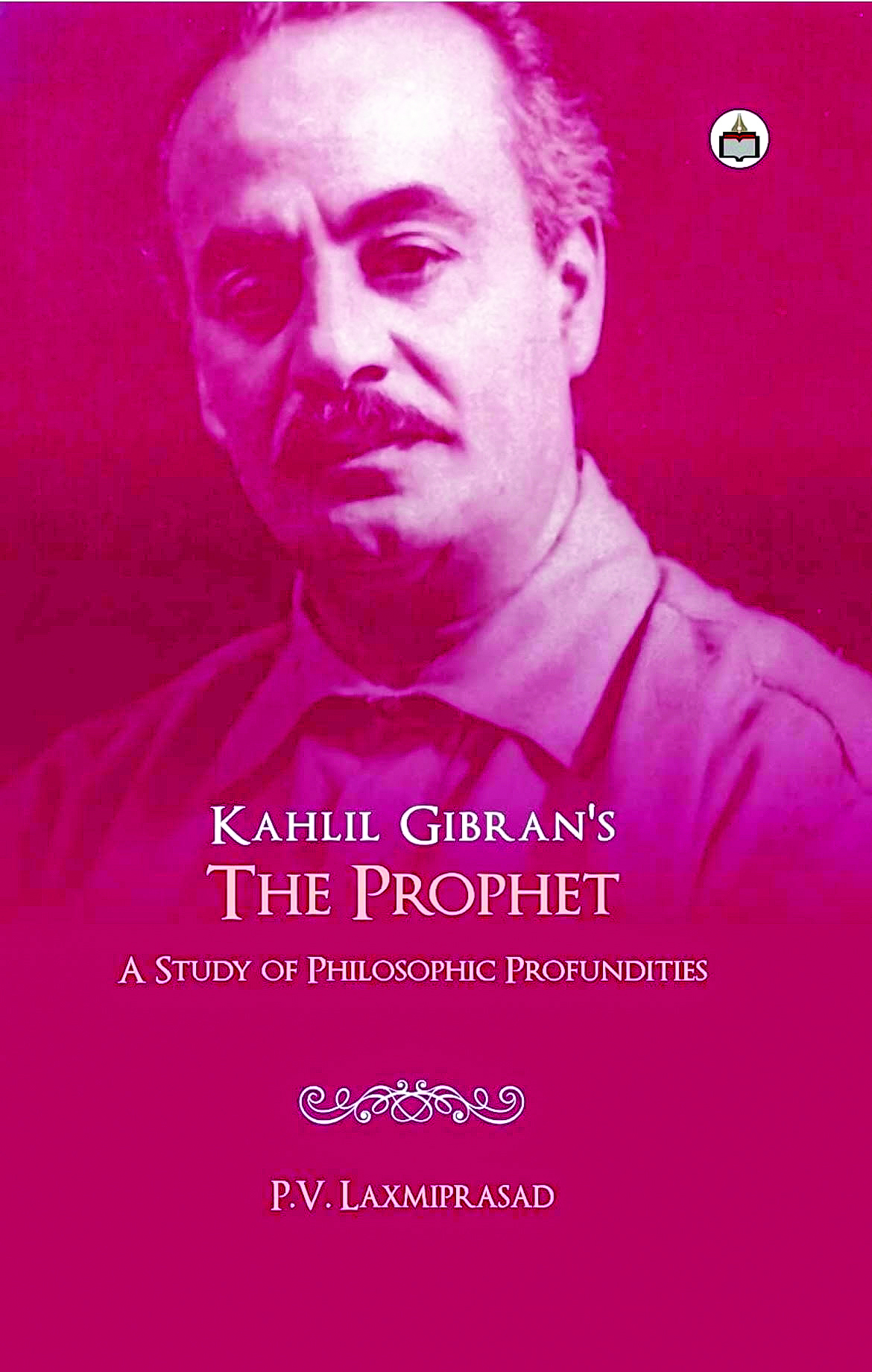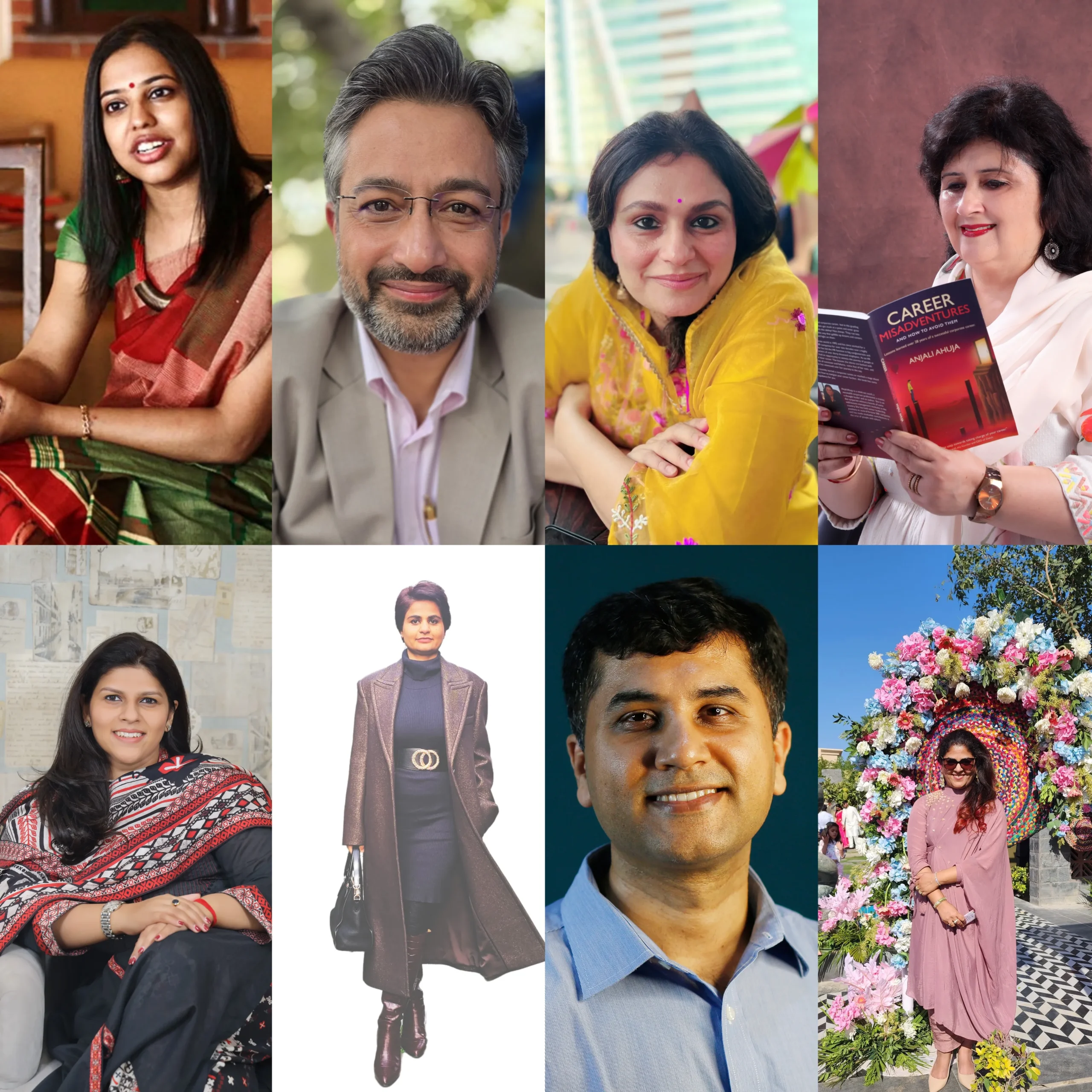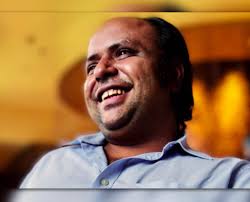P.V.Laxmiprasad who hails from Karimnagar Telangana is the author of this critical book on Kahlil Gibran’s The Prophet.It is entitled as Kahlil Gibran’s The Prophet : A Study of Philosophic Profunditieshas touched upon the philosophic profundities from the selected collection. “Beauty is not in the face; Beauty is a light in the heart” reminds the readers of a well –known quote by Kahlil Gibran. Among the poet-philosophers, Kahlil Gibran’s name is placed next only to William Shakespeare. He was a master of Philosophy According to Laxmiprasad, The prophet is a collection of time’s timeless beauties and universal messengers. All the twenty seven poems symbolize life in eternity and time’s sojourn.
Laxmiprasad critically evaluated each poem in a brilliant spectrum. He touched upon all the poems to a perfect interpretation. His interpretation of poems like “On Love”, “On Marriage”, “On Children”, “On Giving”, “On eating and Drinking” and other poems is a gem of analysis. He touched all the poems with equal ease and tempo. The critic’s job is to explore the nuances of a creative writer. Accordingly, Laxmiprasad has done a masterly work in dealing with all the poems of this collection. He observes that each chapter in The Prophet actually gives an enlightened account of facts in the actual life experiences.
Throughout the entire collection, Laxmiprasad finds different use of literary devices by Gibran which make them uniquely composed. In the poem “OnMarriage”, Laxmiprasad finds an allegory in the line that “And the oak trees and the cypress grow not in each other’s shadows”. The truth is that marriage should not be submissive and more of an understanding of the combination of intellect of two people and trying to find a point of intersection in order to make it fruitful.
“On children” is a philosophical poem that begins with “Your Children are not your Children”, “They come through you but not from you” (42). In another poem on joy and sorrow Gibran writes that “your joy is your sorrow unmasked” (49). Laxmiprasad interprets that joy unmasks sorrows as well. Deep down the joyful world, their life hidden sorrows.
joy and sorrow become inseparable abstract things in the world. The next poem,”On Loss”(56). It begins with “You delight in laying down loss, Yet you delight more in breaking them”. Man becomes both the lawmaker and lawbreaker in contemporary times. “On Pain” is a poem of greater depths of philosophy. “Your Pain is the breaking of the shell that encloses your understanding (61). Pain can be emotion or sensation which has been debated for a long time. But pain according to Gibran, is a better healing that requires acceptance or sacrifice. “On teaching” is a poem profoundly rooted in philosophy.
“The teacher who walks in the shadow of the temple, among his followers, gives not of his wisdom but rather of his faith and lovingness”(64). Laxmiprasad uses certain quotes from his wide reading of Miles Kingston (1941-2008), “ Knowledge imparts that tomato is a fruit; wisdom is not puttingit in a fruit salad”. This wisdom must be discovered by the seeker of knowledge. Good teachers, according to Laxmiprasad, must discover the latent talents and abilities among the learners. It is a well written book meant for research scholars and common readers.
The author is a literary critic and book reviewer.























